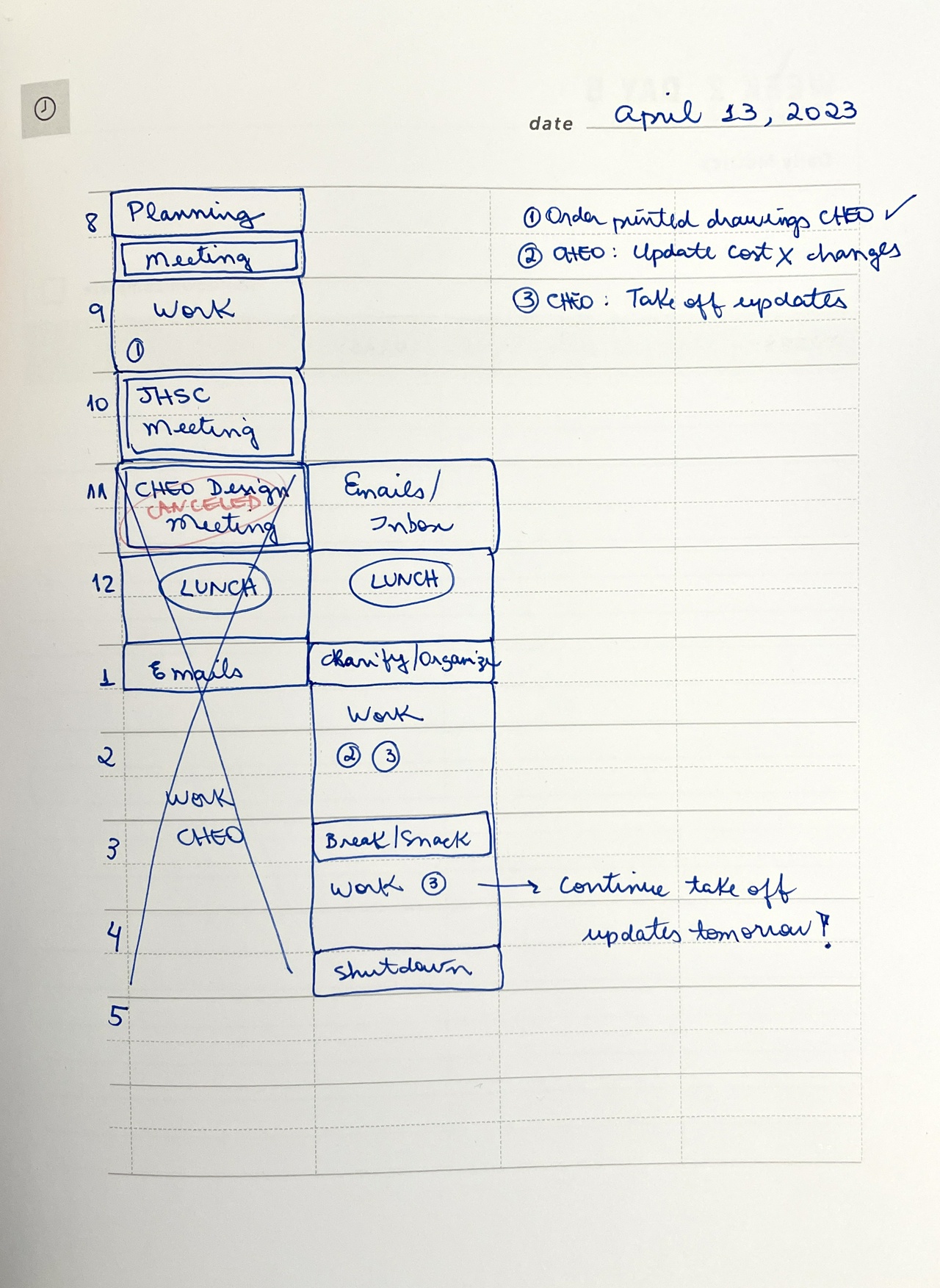Teams saying “No”
I’m reading the book “Team: Getting Things Done with Others” by David Allen and Edward Lamont. I’m on chapter 12 and it discusses how teams should say “No” more often and understand the real team’s capacity. I’ve had years in the company I work for when there were always “more” to be done with new shiny projects every couple of weeks. I certainly felt overwhelmed but for some people it was just “normal” busy.
In the past year or so the company started offering more mental health support, like online therapy with discounts, increasing services covered in the health insurance plan, a wellness webpage with resources and promoting wellness activities, like runs, beach volleyball, etc. But are they really a solution? So, in the book Team: Getting Things Done with Others this quote made sense to me:
“Those initiatives are not wrong per se, but they are not a solution. They are a bandage. It’s like saying, “Just keep going hard until you get sick, and then, hey, here’s something to recover with.” – David Allen, Edward Lamont
I mean, it’s nice that my company started the conversation, making all managers aware that the employees wellbeing is crucial. I noticed that my manager is saying “no” more often, and the department as a whole seems to be choosing more carefully which projects to engage with. I wonder if my manager read the book? Maybe I will ask him 🤔. He doesn’t seem the type of guy who reads books.
Anyway, a few project managers got the wellness message, but I still see a lot of construction sites where things are crazy (and employees will get burned out quite often). The construction industry has been changing very slowly, and this is just one little step.
—
Post 39/100 of 100DaysToOffload challenge (Round 2)!
#100DaysToOffload #100Days #Blaugust2024 #Blaugust #work #reading
Thoughts? Discuss... if you have a Write.as account or Reply by email
By Noisy Deadlines Minimalist in progress, nerdy, introvert, skeptic. I don't leave without my e-reader.




 On the left: An early morning plan – On the right: a complete day plan
On the left: An early morning plan – On the right: a complete day plan
